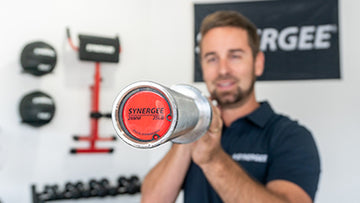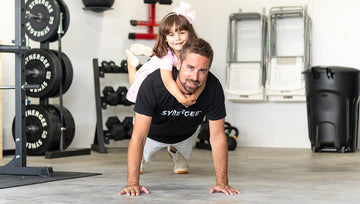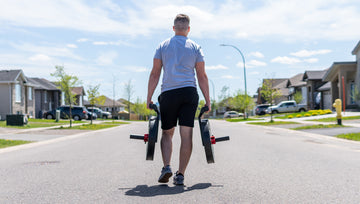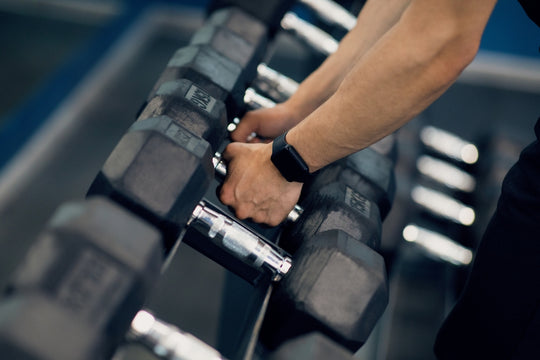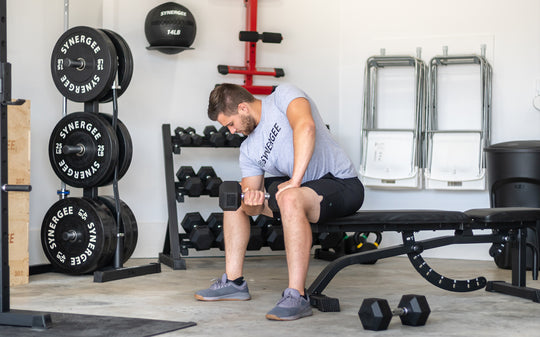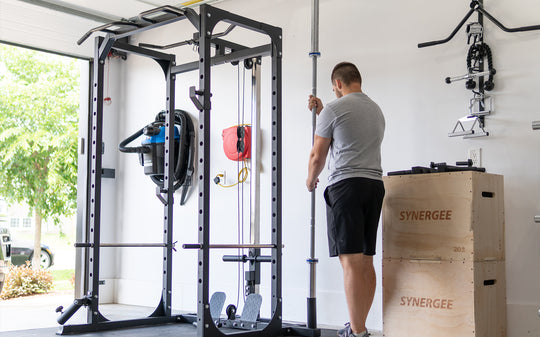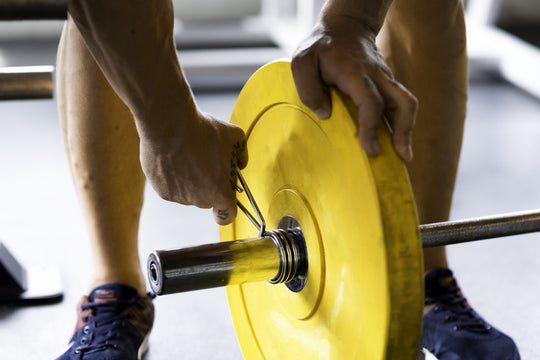To Rest, Or Not To Rest: How To Determine If You Need A Rest Day
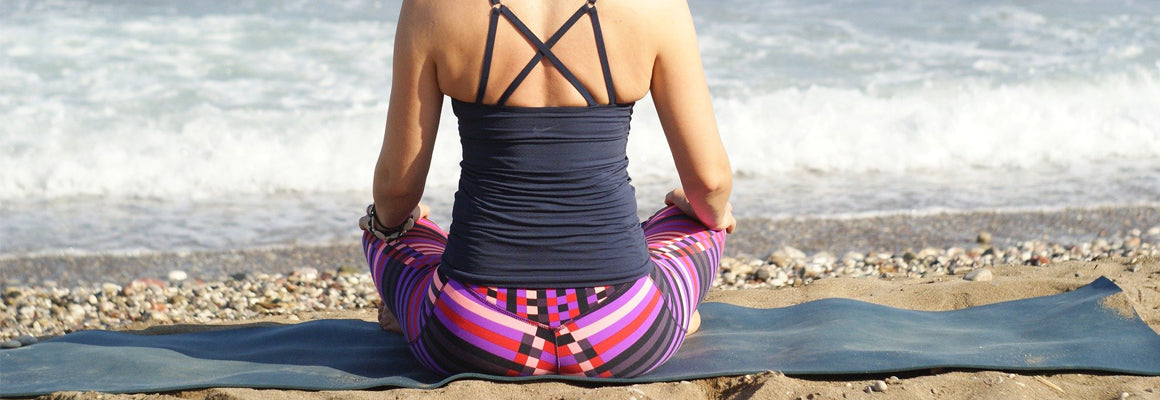
To achieve huge results, you need to put in hard work. No matter what your fitness goal is, it is going to take time, energy, dedication, and lots of sweat… maybe even some tears!
But did you know rest and recovery is just as important as exertion?
Providing your body with the proper tools – namely nutrition and rest – so it can regenerate is important, and it can reduce your risk of injury. Overtraining is not ideal for your physical or mental health. Striking the perfect balance of work and rest can help you bust plateaus and achieve the healthy and happy lifestyle you have always dreamed of!
Over the next week, I will post 3 articles – including this one – aimed at ensuring you are resting enough to be reaching your full potential!
- This post will cover how to identify if you need a rest day.
- On Monday, I’ll post some awesome stretches to do with our Synergee Core Mat for your recovery days.
- And next week, I’ll provide some tips for ensuring your rest days provide the perfect amount of Rest and Recovery so you can benefit from them when you return to the gym!
Let’s get ready to RUMBLE!! I mean, REST!!

Symptoms of Overtraining
“HUSTLE HARD” is something we, as athletes, are taught to strive for. This can paint Resting with a negative brush. How do we know if we are having a lazy day and working out will help, as opposed to when we seriously need some rest and recovery?
Here are some signs and symptoms[1] to look for that would identify that you are, indeed, in need of a rest day:
Physical Symptoms
- Elevated morning pulse
- Elevated blood pressure
- Persistent muscle soreness
- Frequent illnesses (i.e. colds) or injuries
- Decreased appetite
- Weight loss
Emotional/Behavioral Symptoms
- Irritability
- Mood swings
- Insomnia
- Depression
- Lack of desire to train (i.e. do things that you formerly enjoyed)
Of course, consult your doctor if any of these symptoms become problematic or persistent, as they may require more active intervention than taking 1 day away from the gym.
The bottom line is: the presence of each of these symptoms are probably making it harder for you – mentally or physically – to workout; and for good reason. They are signaling that your body is over-trained and exhausted and requires more rest than you have been giving it lately.

Rest is for the Strong
Rest is a necessary part of working out and working hard.
Over-training is much different than “embracing the suck”. It is different than when there are 10 seconds left on the clock and your whole body aches but you only have one pull-up left and gosh darn it you are going to BEAT THE CLOCK!
Choosing to rest and recovery is about listening to your body and providing it with what it needs.
Saying, “I will save this workout for when my mind and body are ready to take it on” is not a sign of weakness or laziness; it’s a smart strategy and demonstrates your ability to tune in to your body's needs, which is very important!
Sometimes, rest days don't fall on the days we plan for them to happen; and that's ok. The whole point of working out and prioritizing fitness is to develop and then preserve your physical and mental health for as long possible - and rest is an indispensable part of that process!

Tune in next time for more tips on Rest and Recovery, featuring our Synergee Core Mat! And after that, I'll let you know how to make your rest and recovery day the most effective it can be!
Until then - work hard, rest hard Synergee Athletes!!
[1] Source: https://www.bodybuilding.com/content/rest-and-overtraining-what-does-this-mean-to-bodybuilders.html


